
The 5 fruits secretly damaging your brain after 50
There’s a fruit you probably have in your home right now. It seems harmless, even healthy. But for people over 50, it could be quietly harming your brain, deteriorating your memory, and speeding up the progression toward dementia—all without any obvious signs. The most unsettling part? Millions of people consume it every morning, convinced they’re doing their body a favor.
Here’s an important truth: not all fruits are equally beneficial for an aging brain. Some fruits can cause rapid spikes in blood sugar, trigger inflammation, and damage the delicate neural connections that allow you to remember names, focus deeply, or carry on conversations without losing your train of thought. On the other hand, certain fruits serve as natural protectors—repairing brain vessels, reducing inflammation, and boosting your cognitive function.
In this article, I will reveal the five fruits most harmful to brain health and the ones you should prioritize daily if you want to keep your memory sharp, your mind alert, and your independence intact for the long haul. I’ll also share a special recipe for a brain-detox smoothie that incorporates unique ingredients proven to reduce heavy metal buildup and brain inflammation, helping many regain mental clarity within weeks. This advice is inspired by the insights of Dr. RN Veller, a leading expert in brain nutrition.
Key Takeaways
-
Not all fruits are created equal, especially for brain health in adults over 50. How you consume fruit is just as important as which fruit you eat.
-
Processed fruits—like those in syrup, juices, and dried chips—often contain high sugar levels and additives that promote brain inflammation and memory decline.
-
Even natural fruits, when overly ripe or eaten excessively, can cause harmful blood sugar spikes that lead to mental fog and fatigue.
-
Whole, fresh fruits rich in fiber and antioxidants—such as berries, apples, and avocados—are brain-friendly and support cognitive longevity.
-
Combining certain foods strategically and following specific recipes, like the brain-detox smoothie, can help moderate sugar absorption and nourish your brain cells.
The 5 Fruits to Avoid for a Sharper Mind
1. Fruit Cocktails in Syrup
These brightly colored, ready-to-eat fruit cups are often a breakfast staple for many older adults, eaten alongside medications under the assumption they’re healthy or vitamin-rich. However, the culprit is the syrup they’re soaked in—a dense concoction of sugars that floods your bloodstream, triggering dangerous insulin and glucose spikes. Over time, this undermines brain health, causing slower processing speeds, forgetfulness, difficulty concentrating, and persistent mental fog.
Unlike fresh fruit, which contains fiber, vitamins, and essential nutrients, canned fruit in syrup loses most of its nutritional benefits. Despite marketing claims like “no sugar added” or “in its own juice,” these are ultra-processed products filled with preservatives and chemicals toxic to the brain. An aging brain demands stability and anti-inflammatory nourishment—not hidden sweets dressed as fruit. If you currently consume these sugary snacks, replace them with whole fruits—skins well-washed—or better yet, try the detox smoothie recipe I’ll share later. And remember, if canned syrup is harmful, fruit juices can be even worse.
2. Fruit Juices
Often perceived as the healthiest way to start the day, fruit juices are marketed as vitamin-packed and natural, with no added sugars. Even homemade juices get a health halo. But the reality is harsher for your aging brain. Whole fruits contain pulp and fiber, which slow glucose absorption, preventing sugar spikes. Juicing removes this fiber, leaving behind pure, fast-absorbing sugar. This causes sharp glucose spikes followed by crashes—a harmful daily cycle that can erode memory over time.
Scientific studies reveal that daily fruit juice consumption can shrink the brain’s memory centers. Furthermore, consider this: you’d never eat four whole oranges in one sitting, but a glass of juice contains the sugar of three or four fruits. Your liver, pancreas, and brain aren’t designed to handle such a rapid sugar load, especially with advancing age. So while juice can be an occasional treat, it’s a risky daily habit—particularly for those already struggling with forgetfulness or mental fatigue.
3. Dried or Dehydrated Fruits
Small, portable, and often perceived as healthy snacks, dried fruits like dates, figs, and raisins pack a punch. However, drying removes water and concentrates sugars and other substances—including preservatives and additives that interfere with brain-essential minerals like zinc and magnesium. These minerals are critical for cell repair, memory formation, and stress regulation.
Regular consumption of dried fruits can lead to brain fatigue, sluggish thinking, and unexplained mood swings. Essentially, dried fruits act more like candies than nourishing foods and should be consumed sparingly—never as a daily substitute for fresh fruit. Overconsumption risks saturating the brain with sugar and harmful additives, rather than feeding it.
4. Excessive or Overripe Tropical Fruits
Fruits like pineapple, mango, papaya, and bananas are often celebrated for their antioxidants and vitamins. However, overripe or overly abundant consumption can flood your system with natural sugars too quickly for an aging body to handle. For instance, a very ripe mango can have as much sugar as several tablespoons of refined sugar. Similarly, bananas with black spots have converted their starch to fast-absorbing sugars.
Consuming these in excess, especially in smoothies where portion control is lost, can cause mental fatigue, confusion, and difficulty focusing. That said, these fruits remain nutritious when eaten in moderation. Pairing them with fiber-rich or protein foods—like chia seeds, flax seeds, nuts, or yogurt—can slow sugar absorption and protect your brain’s health. Remember: it’s not the fruit itself but how and how much you consume that matters most after age 50.
5. Fruit Chips
Fruit chips—made from bananas, apples, or mango strips—often appear on supermarket shelves labeled “100% natural” and marketed as a healthy snack. Many older adults fall for this, thinking they’re a better alternative to candy. The truth is far from it. These chips are ultra-processed products fried multiple times in oxidized oils such as palm or sunflower oil, which produce harmful inflammatory compounds.
These oxidized fats travel through the bloodstream to the brain, inflaming neurons and damaging neural communication, accelerating brain aging. On top of that, fruit chips are often coated with added sugars or syrups to enhance taste, causing blood sugar spikes. In essence, fruit chips deliver a double blow—damaging fats plus sugar—that undermines memory and cognitive function. Fresh fruit requires no frying or additives to be beneficial; once transformed into chips, it loses its nutritional integrity and harms the brain instead.
The 5 Fruits That Protect Your Brain
Now, let’s focus on what really counts: fruits that nurture your neurons, improve cerebral blood flow, and support long-term memory health.
-
Blueberries: Rich in powerful antioxidants, the blue pigments protect brain cells from aging and disease, enhance memory, and promote neural communication. Low in sugar and easy to add to any meal, a handful daily is a smart choice.
-
Pomegranate: Contains compounds that improve blood flow and strengthen the vessels feeding the brain. Enjoy the fresh seeds or blend them into a smoothie with water, drinking it unfiltered for maximum benefit.
-
Apples: Especially with the skin on, apples provide quercetin and fiber—two key components for brain protection. Eating an apple daily helps stabilize blood sugar, improve gut health, and reduce silent inflammation linked to dementia.
-
Kiwi: Boasts more vitamin C than oranges and acts as a toxin shield that protects neurons. Ideal to eat in the morning or before bed, even better if eaten with the skin where possible.
-
Avocado: A source of healthy fats essential for brain function. Half an avocado a day supports concentration, emotional balance, and vascular health.
The Ultimate Brain-Detox Smoothie
Here’s a simple, powerful smoothie recipe that detoxifies your brain naturally, helping reduce inflammation and eliminate heavy metals linked to cognitive decline.
Ingredients:
-
Water or green tea (as the base)
-
A few kale leaves (rich in antioxidants and chlorophyll)
-
Celery stalks (for anti-inflammatory properties)
-
One red apple with skin (fiber and quercetin)
-
A handful of blueberries (antioxidants)
-
A thumb-sized piece of fresh ginger (anti-inflammatory and detoxifying)
Blend everything together and drink on an empty stomach or between meals without straining. This combination floods your brain with antioxidants, fiber, magnesium, and chlorophyll, all supporting sharper mental clarity, better focus, and stronger memory.
Conclusion
Protecting your brain as you age doesn’t mean giving up the foods you love; it means making smarter, more informed choices. As you’ve seen, the line between a brain-healthy fruit and one that harms your mind can be surprisingly thin—especially when processed or consumed improperly. By avoiding high-sugar processed fruits and embracing whole, fiber-rich options, you provide your brain with stable, nutrient-dense fuel to thrive.
These seemingly small daily habits compound over time, building a resilient mind that stays sharp, clear, and independent for years to come. Start today by swapping that morning fruit juice or syrup-soaked fruit cocktail for a whole apple or a handful of blueberries—your future self will thank you.
News in the same category


❤️ 5 Subtle Signs That May Suggest Heart Trouble – And When to See a Doctor

Eat these 3 foods to strengthen them…

Neckline Wrinkles 5 Tips to Prevent and Eliminate Them

The Reason Some People Keep Lemons on Their Nightstand While Sleeping

Ginger and Salt Teeth Whitening Remedy

The Pain Most People Brush Off That Signals Serious Trouble

Warning Signs Your Arteries Need Cleansing and The Foods That Do It Best

10 Warning Signs of Low Magnesium Levels and What to Do About It

The #1 silent sign your kidneys are in trouble (and it’s not your urine)

Why Some People’s Skin Turns Red When Drinking Alcohol

🩺 The #1 Silent Sign Your Kidneys Are in Trouble (And It’s Not Your Urine)

The 5 Fruits Silently Damaging Your Brain After 50 — And What to Eat Instead

Capsaicin: The Fiery Compound That Stops Heart Attacks and Destroys Cancer Cells

Flush Away the Hidden Toxins Damaging Your Kidneys — With These 13 Powerful Cleansing Foods
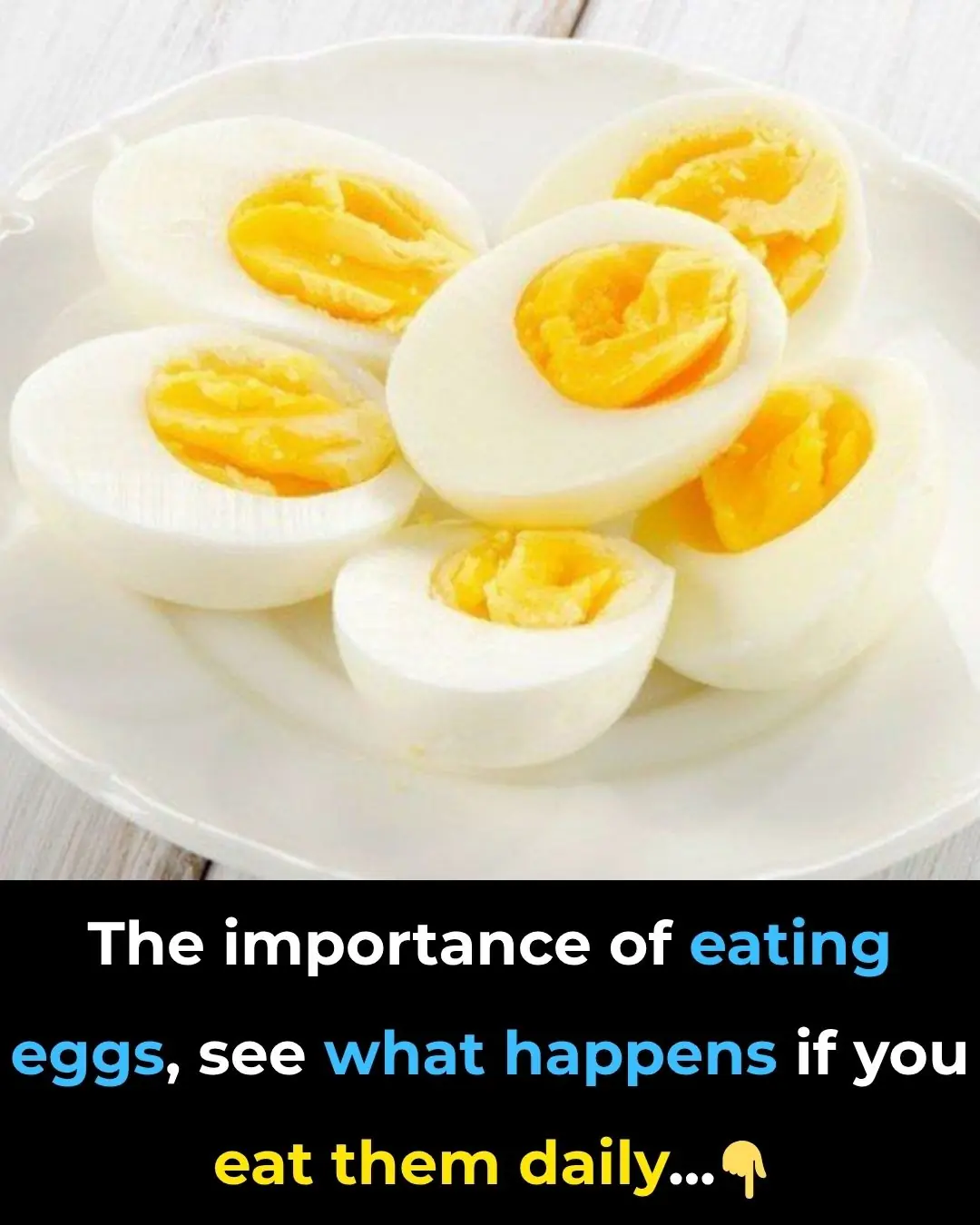
The surprising truth about eating eggs every day

Why You Should Stop Waking Up to Urinate
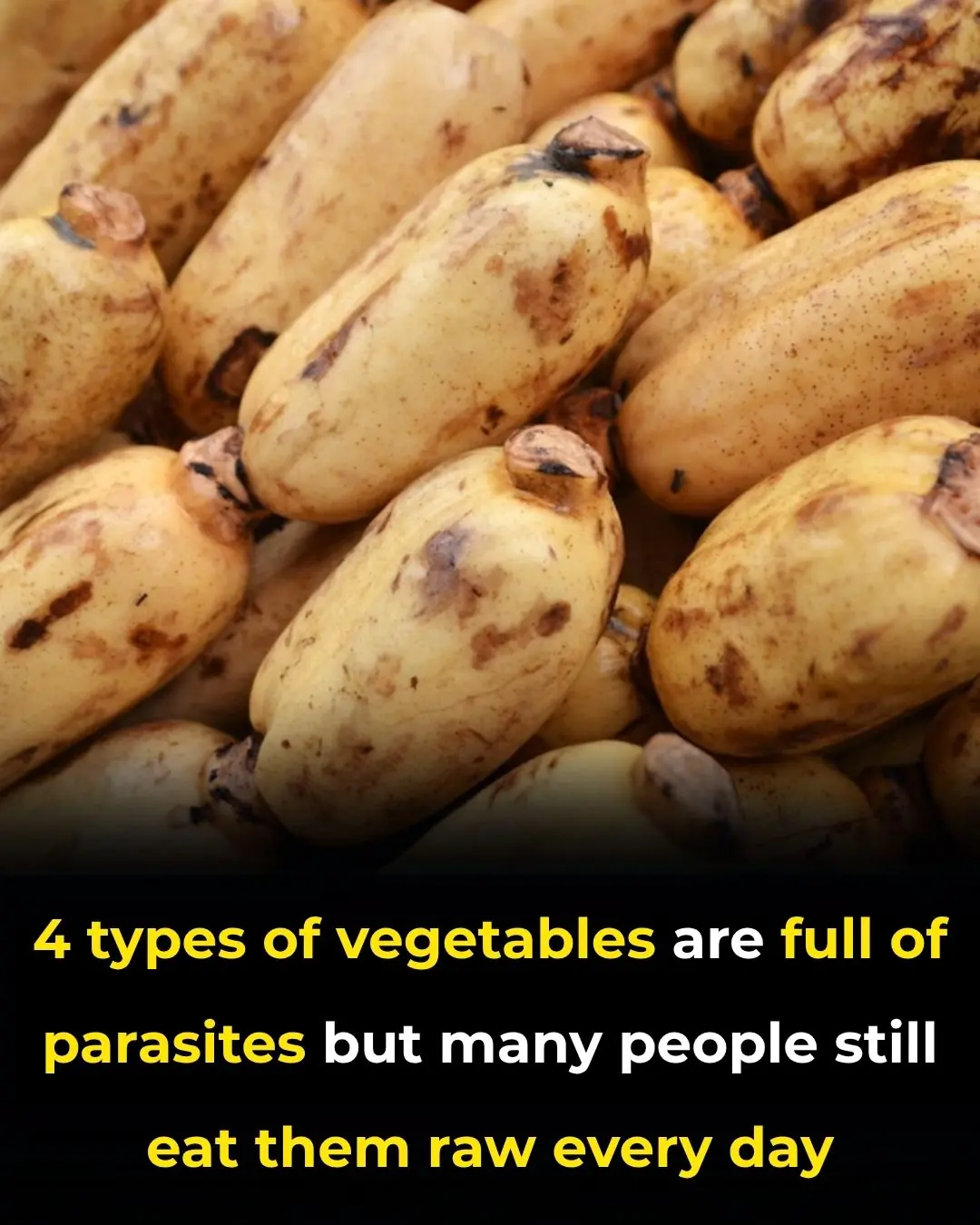
4 types of vegetables are full of parasites but many people still eat them raw every day

Hidden Dangers in Your Mouth: Early Signs of Oral Cancer
News Post

From Fear to Home: A Shelter Dog’s Journey to Love

A Chance Encounter in California Reunites Hero and the Boy He Saved 13 Years Ago
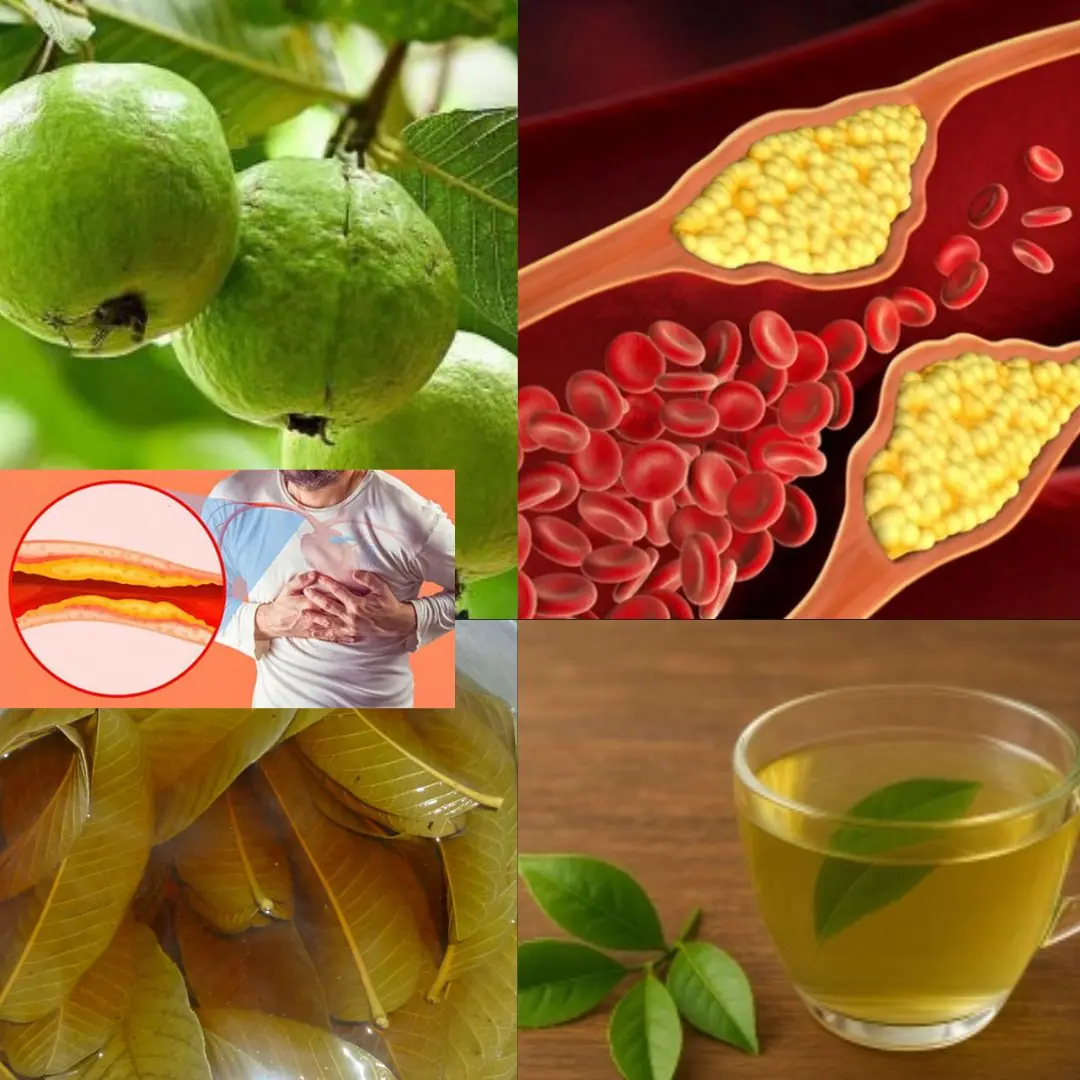
The Best Tea for Mornings and After Dinner: A Powerful Blend for Health

The Goldfish Alligator: A Florida Kid's Wild Attempt at Luring a Reptile
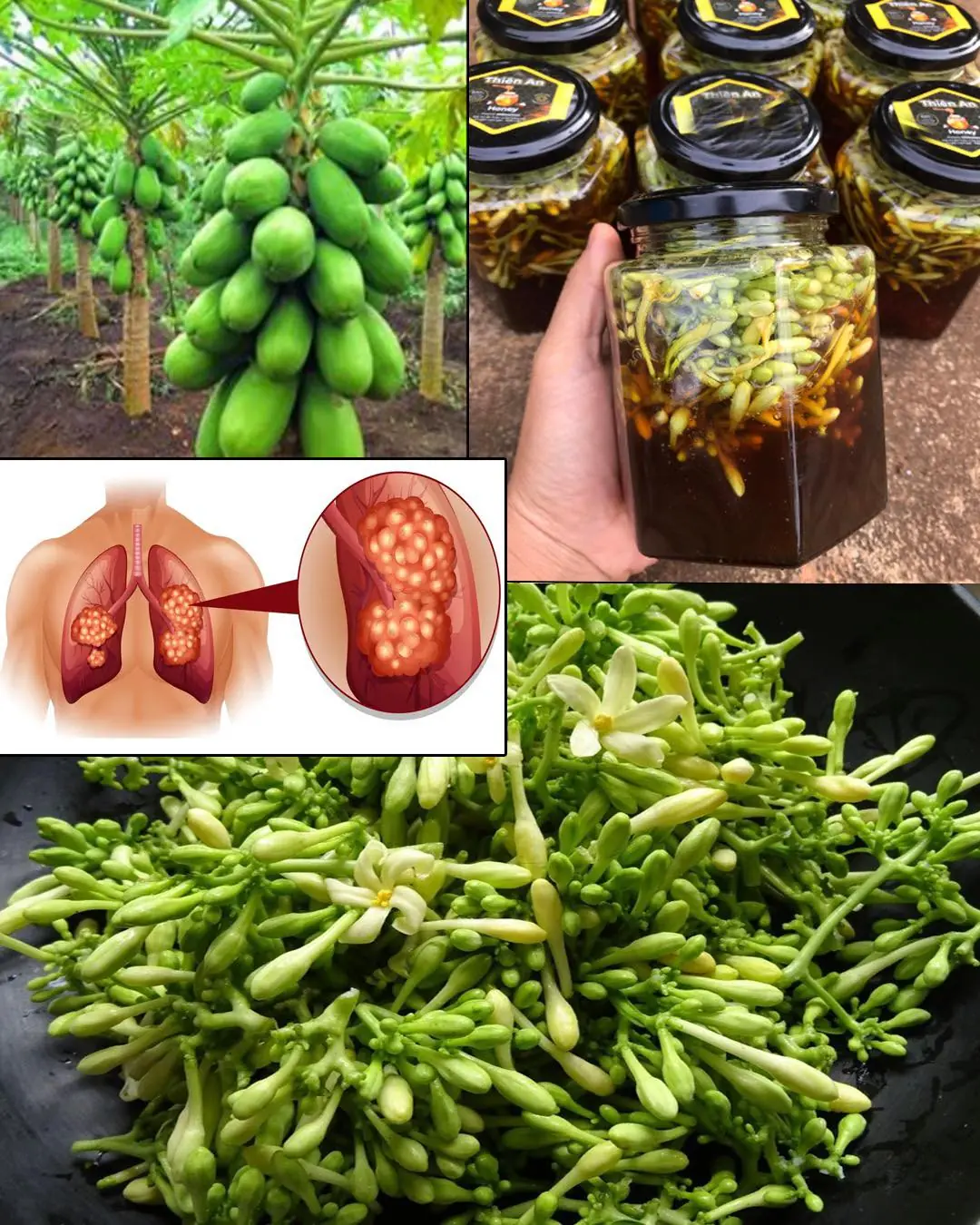
Benefits and Uses of Papaya Flowers Soaked in Honey

The Wiener Dog and the Bear: A Friendship Lost and Found in the Mountains
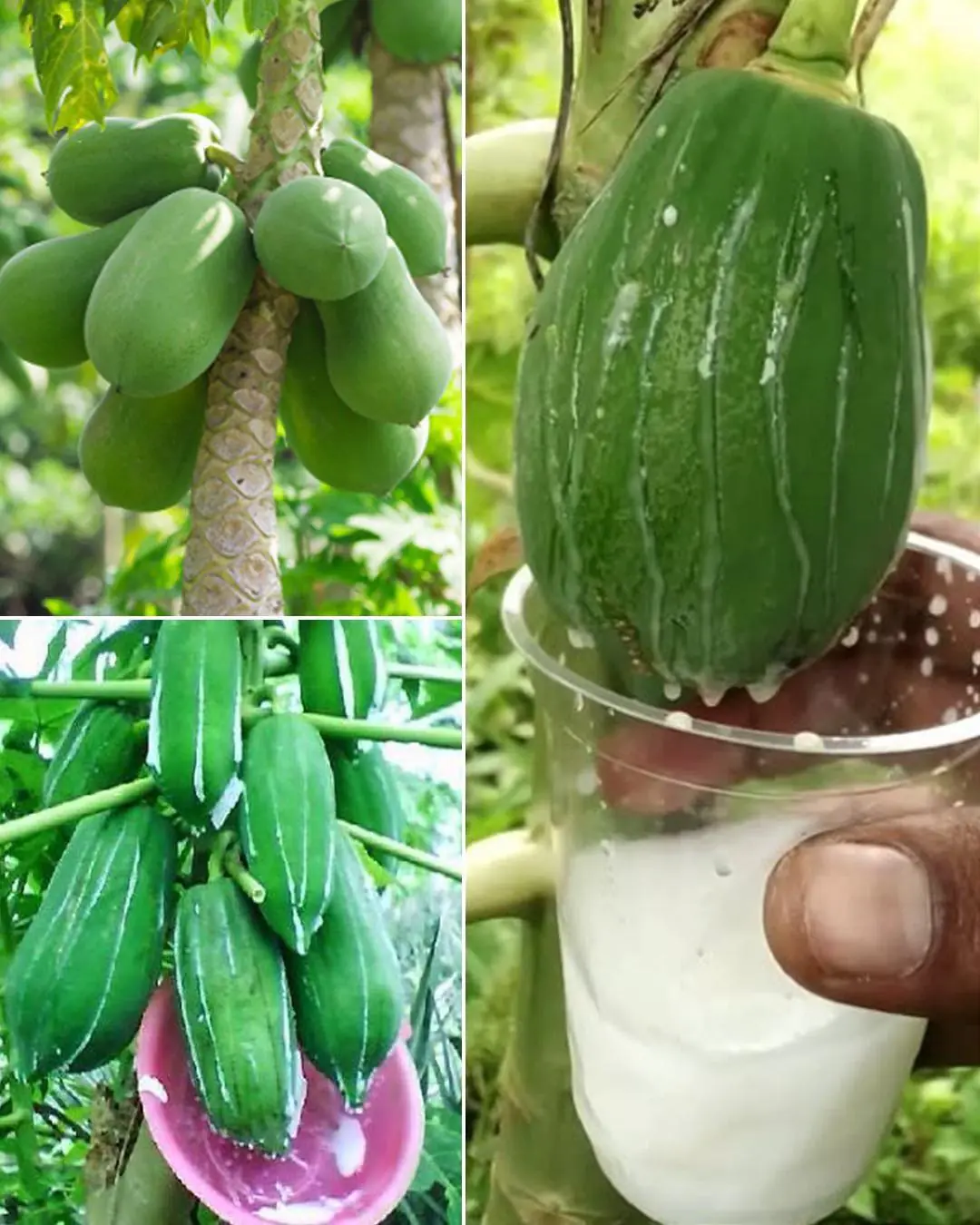
Papaya releases a milky sap, but most people don’t realize how important it is

Bay Leaf – Nature’s Secret Against Wrinkles and Fine Lines
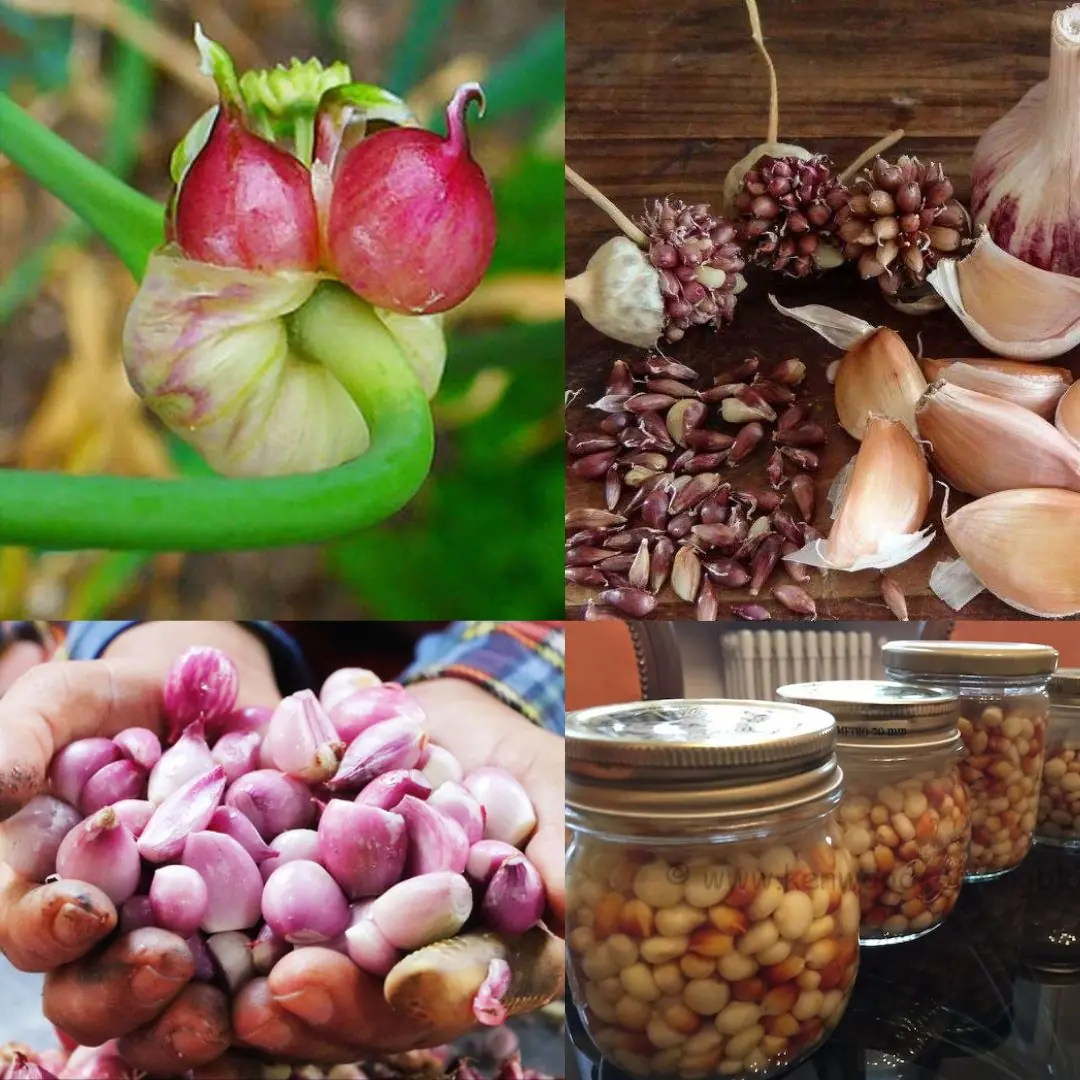
The Hidden Power of Garlic Bulbils: Nature’s Tiny Healing Pearls
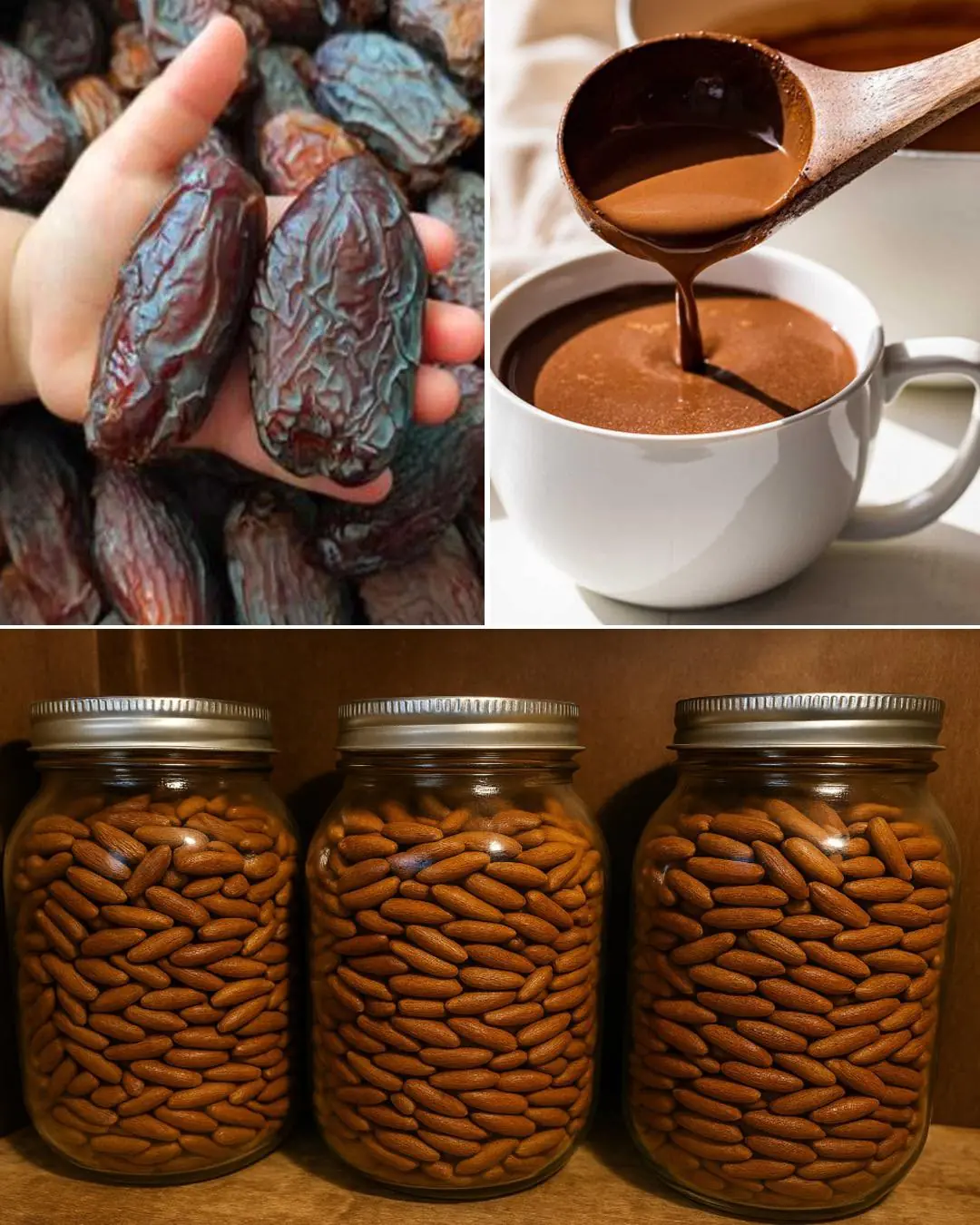
Date Seeds Benefits: The Superfood Ingredient with incredible health benefits
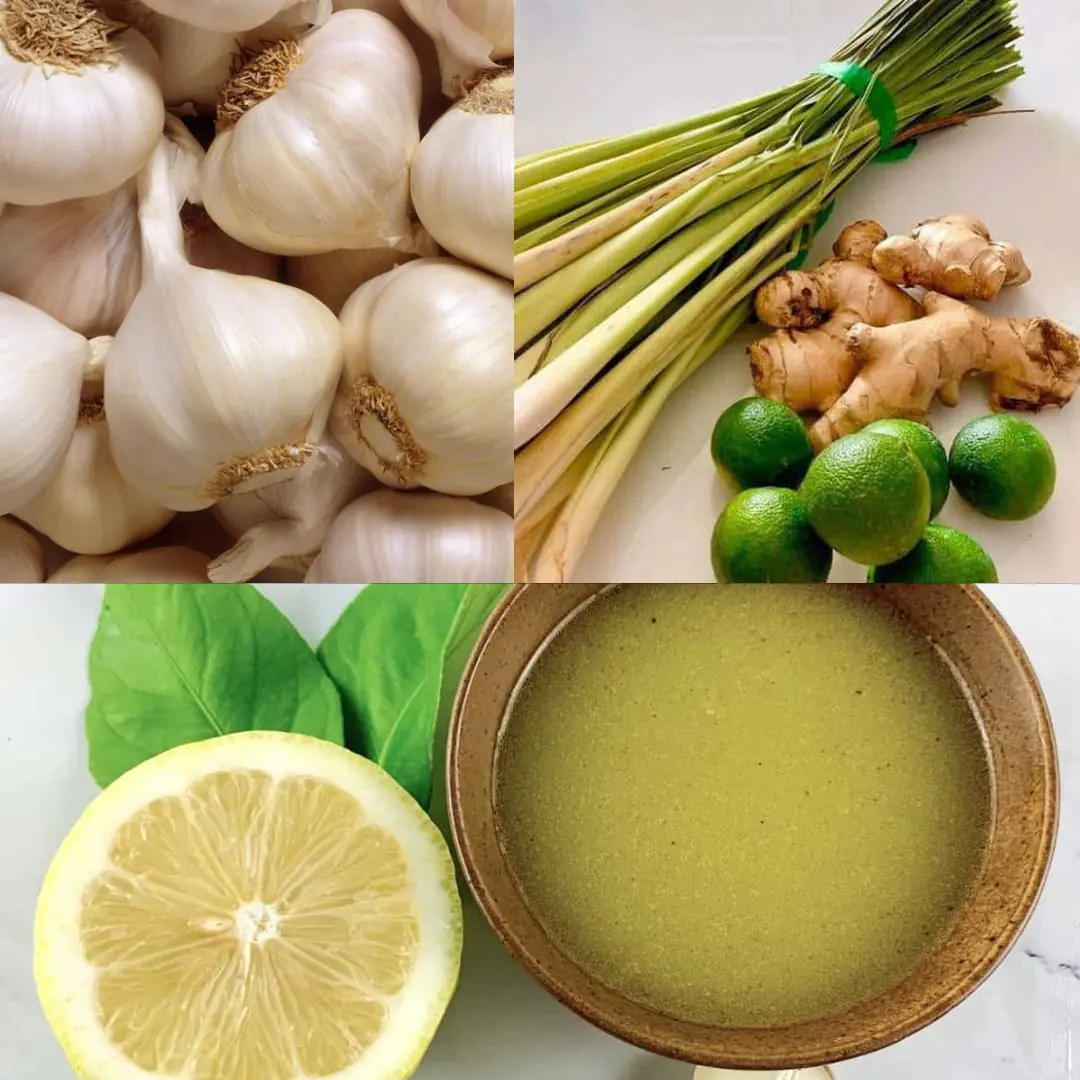
Unlock The Incredible Health Benefits of Garlic, Ginger and Lemon for Men

Garlic Poultice: A Powerful Remedy for Both Kids and Adults

Inserting scissors into the rice bin: A good tip that brings many uses, but who doesn't know it's too wasteful

Burning Sage: What It Is, How to Do It, and Why It Might Help You

5 great foods that should not be stored in the refrigerator - the risk of aflatoxemia that causes cancer

5 Morning Drinks to Boost Kidney Health, Cool the Liver, and Detoxify Your Body

A Simple Sponge Trick For The Fridge

How to Get Rid of Termites That Bore Into Wooden Doors — Protect Your 10-Year-Old Furniture and Keep It Beautiful

According To This Psychologist, A Dirty Car Can Reveal A Lot About Your Personality
